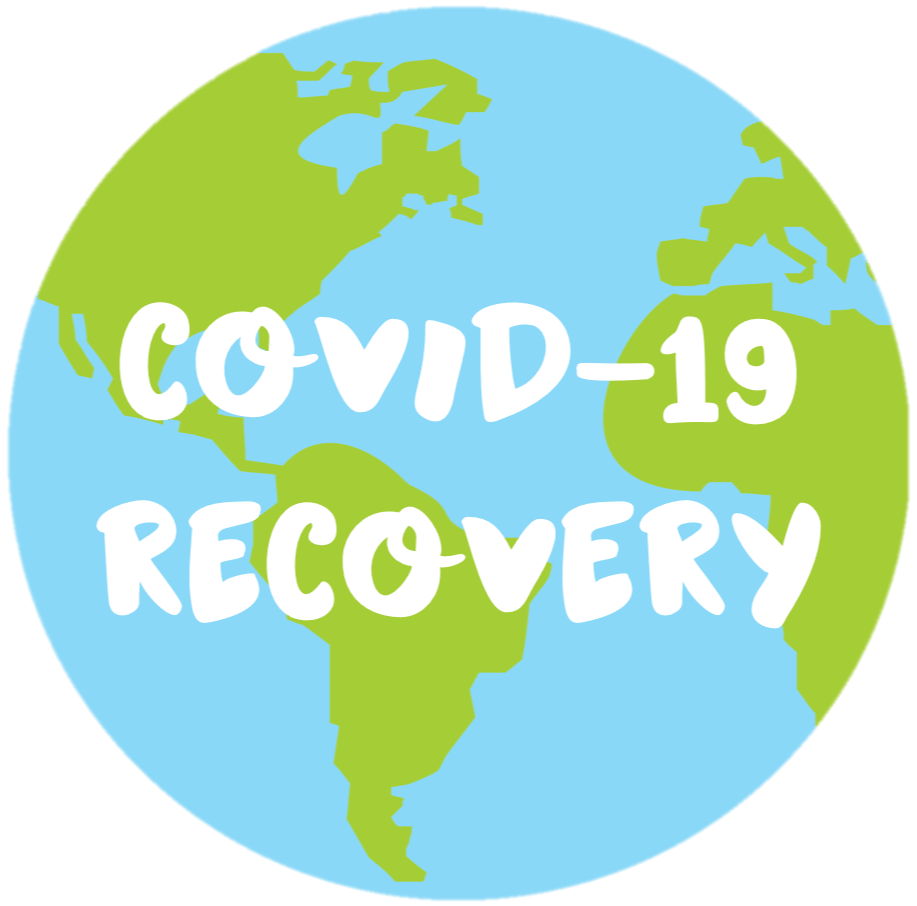COVID-19 survivor with unusually high antibody titer helps treat ICU patients
We are grateful to Collin Lewis, who shared his recovery and donation story with us. Collin is a Product Design Lead at JP Morgan Chase, currently based in Brooklyn.
On March 8, Collin Lewis attended an Audiofemme’s Women’s Day Show at TV Eye. Collin distinctly remembers that he spent the evening meeting lots of people, shaking hands, and hugging his old friends. Five days later, he felt his breath become laboured and short. That same day, a friend sent him a post from TV Eye’s Instagram, which confirmed that one of the attendees had tested positive.
Collin’s first day of COVID symptoms were a mixture of light aches, a light, dry cough, shortness of breath, and headaches. By the second day, his symptoms had intensified and were joined by a fever. He describes days two to six, when the symptoms were at their peak, as “the most brutal part for sure”. His shortness of breath became so bad that even short walks became a chore, and the aches rarely allowed him to get out of bed. By day seven, the fever and chills had subsided, to be replaced by a sore throat. By day ten, the only symptoms left were shortness of breath, fatigue, and a dry cough. From days ten to fourteen, he also lost his sense of smell and taste. For the next week or so after this, the shortness of breath and fatigue slowly faded.
Now, Collin says he’s fully recovered, though his lung capacity is still slightly reduced. Throughout his period of infection, he used over-the-counter treatments - including Tylenol, Mucinex, and Pedialyte - to treat his various symptoms. His main advice to those suffering symptoms is to rest: “Sleep as much as possible. Find something you can watch and zone out to. I got really stir crazy not being able to leave the room I was in.”
It was on day two, when Collin’s symptoms took a significant ramp-up, that he decided to take a COVID-19 test. Collin was in Brooklyn when his symptoms hit, and he initially had some difficulty in trying to find a place that would be able to test him. He suspects that his difficulties came from a lack of availability. It is no secret that the state of New York has significantly low figures of testing in comparison to its dense population and rapid rate of infection. Collin’s doctor first sent him to a COVID-19 hotline run by the state, who then directed him to a Department of Health hotline, which instructed him to leave a message, which he did. Collin has now heard back from the hotline, weeks after his condition had already improved.
Luckily, Collin’s friend had already directed him to the Northwell Urgent Care facility in Williamsburg which was rumoured to have tests available. Collin commented that they were “super great and helpful”, and allowed him to get a test taken, after confirming that he met their specific criteria as to symptoms and exposure.
After Collin’s symptoms ended, he reached out to the Mount Sinai Health System, which had put out an open call for donations, after several people had contacted him with the link. They conducted an antibody test on his blood, which would be able to show if he was still infected, if he had recovered, and if he had the level of antibodies to allow him to donate. Once the tests came back, it was confirmed that he had three times the antibodies in his blood that he needed for donation. He joked that he might be an “Omega level mutant”.
Collin initially planned to donate his plasma for research - “my good good heart juice is coming to a lab near you!” he quipped on Reddit - but those plans changed after he found another route for donation: direct treatment. Collin was faced with a choice: freely donate to ICU patients in critical condition, or donate to research to be used in the development of a future vaccine, and get paid to do it. In Collin’s eyes, the choice to donate to direct treatment was obvious - a matter of life or death for the hospitals and family members who contacted him.
Similar plasma trials are currently available around the world. Collin’s advice for those looking to donate is to do their research. “Try every avenue. Some are more complicated than others.” Collin himself has since reached out to a number of organisations and donates to “any organisation that needs it”. In addition, the research facility he was in contact with has now confirmed that they are at max capacity for plasma donations. Collin has confirmed that he plans to donate to them if that changes.
Thank you to Collin for sharing his experiences with us! You can find more information on current plasma trials on our Treatments page.



